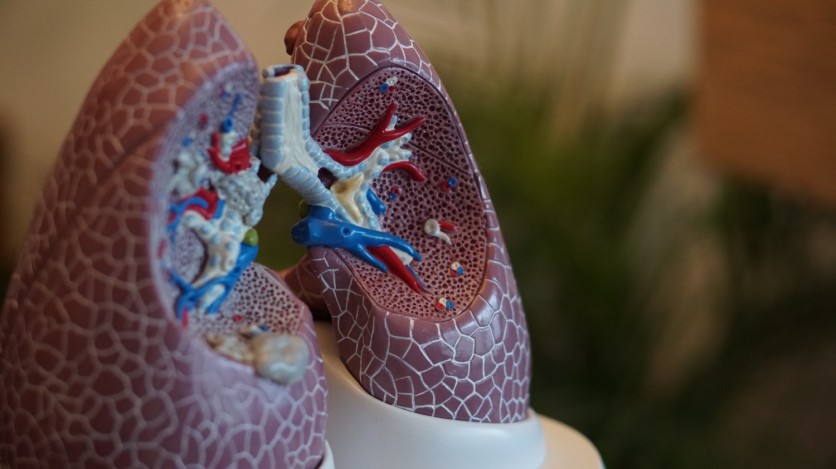
Australian scientists have discovered a protein in the lungs that acts like velcro on the COVID -19 virus, preventing it from spreading. It may even explain why some individuals are immune to the virus while others fall very ill after exposure.
Professor of functional genomics at the University of Sydney's Charles Perkins Centre, Greg Neely, oversaw the study with postdoctoral researcher Dr. Lipin Loo and PhD candidate Matthew Waller. On Friday, Feb. 2, the study results were published in the journal PLOS Biology.
Patient Assessment
As reported by The Guardian, the scientists performed a genome-wide search for proteins that may bind to Sars-CoV-2, the virus responsible for COVID -19, using human cells in tissue culture.
The CRISPR gene-editing technology was used to activate every gene in the human genome and identify the ones responsible for human cells' capacity to bond to the Sars-CoV-2 spike protein, a virus that causes severe respiratory illness. The virus' capacity to infect human cells relies heavily on the spike protein.
This allowed Neely and the team to identify this novel receptor protein called the leucine-rich repeat-containing protein 15 (LRRC15).
Novel Immune Barrier
The scientists examined the lungs of people who had died of COVID or other diseases and discovered that the most severely sick COVID patients had very high levels of this LRRC15 in their lungs.
As soon as Sars-CoV-2 enters a human body, LRRC15 appears. Activating the body's antiviral response, it seems to be part of a novel immunological barrier protecting against severe COVID -19 infection.
Researchers speculate that either not enough LRRC15 was made to protect patients who died from COVID -19, or it was formed too late to assist their health.
This protein is abundant in the lungs of those who died from COVID , according to Neely.
Since lung biopsies are difficult to do on living persons, they were unable to examine the lungs of COVID survivors. They hypothesize that those who make it through the COVID virus infection will have higher levels of this protein.
This hypothesis is supported by the results of a second London research that looked at LRRC15 levels in blood samples and showed that they were substantially lower in people with severe COVID compared to individuals with moderate cases.
"Our data suggests that higher levels of LRRC15 would result in people having less severe disease," Neely stated.
It was also discovered that LRRC15 is expressed in fibroblast cells responsible for regulating lung fibrosis, a condition that damages and scars lung tissue. The observation that COVID -19 may cause lung fibrosis may have consequences for extended COVID .
Neely has indicated that this novel receptor may be used to create medications with far-reaching effects, such as those that prevent viral infection or reduce lung scarring. He said that, at present, there are no effective therapies for pulmonary fibrosis.
Also Read : Scientists Develop a New Diagnostic Test Technology That Can Detect Bacterial and Viral Infections Faster

ⓒ 2025 TECHTIMES.com All rights reserved. Do not reproduce without permission.




